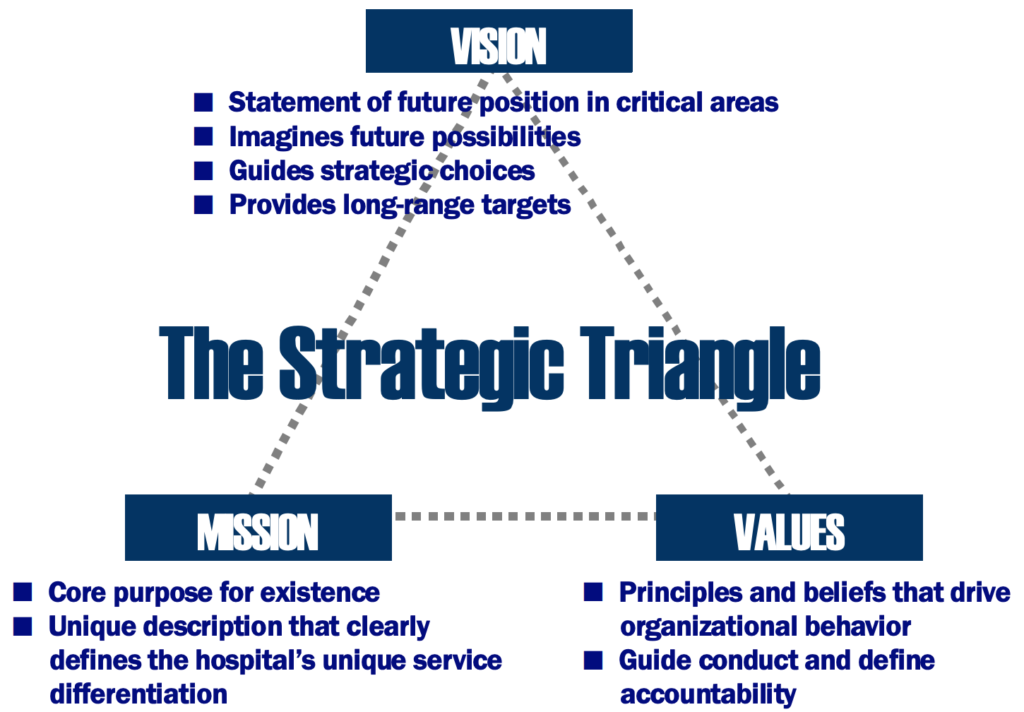It is vital that each board member take their responsibilities seriously and pledge their best efforts to follow this code of conduct.
Uncategorized
governWell: 2020 Healthcare Challenges
Looking forward into 2020, boards need to be aware of emerging challenges for their hospitals and health systems. This article provides a brief overview of eight major issues for the board’s consideration.
CEO Appraisal and Assessment
CEOs and their boards must build and sustain vibrant, trust-based relationships in order to be successful in today’s complex and fast-paced health care world. That trust requires leadership excellence and clear performance accountabilities that are appropriately rewarded using responsible compensation assessment policies and procedures.

Questions Your Board Should Ask
The board should consider the following questions about the CEO compensation and performance evaluation process:
- Does the board have a clear CEO compensation and evaluation process in place?
- Does the board have clearly defined CEO goals and expectations that are tied to the organization’s mission and vision? Are they linked to the CEO’s compensation?
- Is the board confident that the CEO is appropriately compensated compared to his or her peers?
- Is the CEO’s compensation tied to his or her performance in meeting specific goals? Does the CEO know those goals in advance, and measure progress throughout the year?
- When it is time for the CEO’s annual review, is the board or CEO is surprised by the outcome?
- Is the board confident about its “rebuttable presumption”?
- Finally, when the board thinks about its overall compensation and evaluation process, does it use the process as an opportunity to strengthen the relationship between the board and CEO and help improve the CEO’s performance?
| BoardBRIEF – CEO Compensation and Evaluation |
| BoardBRIEF – Critical Conversations: Leadership Discussions the Board Should Have Now |
| Sample Policies and Procedures – Executive Compensation |
Mission, Vision, and Values
Too often hospital leaders develop mission, values and vision statements, and then don’t make meaningful strategic use of these critical statements. Effective governing boards know that these statements, when properly developed and used, are the primary drivers for every governance discussion and decision.

Fidelity Medical Center’s Mission
MISSION HERE
Fidelity Medical Center’s Vision
VISION HERE
To learn more about how to make the most of your mission, vision and values, click here to read the BoardBRIEF – Mission, Values, and Vision.
HRET: Engaging Patients and Communities in the Community Health Needs Assessment Process
Community health needs assessments (CHNAs) have the potential to be powerful drivers to enhance the health of communities. Thousands of hospitals across the United States complete a CHNA process every three years. This process includes reviewing quantitative data on community health status, soliciting input from community stakeholders, selecting priority community health needs and devising strategies to address the identified priority needs.
AHA Trustee Insights: Top 10 Trends for 2020
Unrelenting forces and dynamic shifts demand the board’s creative thinking and preparation for even more significant changes ahead.